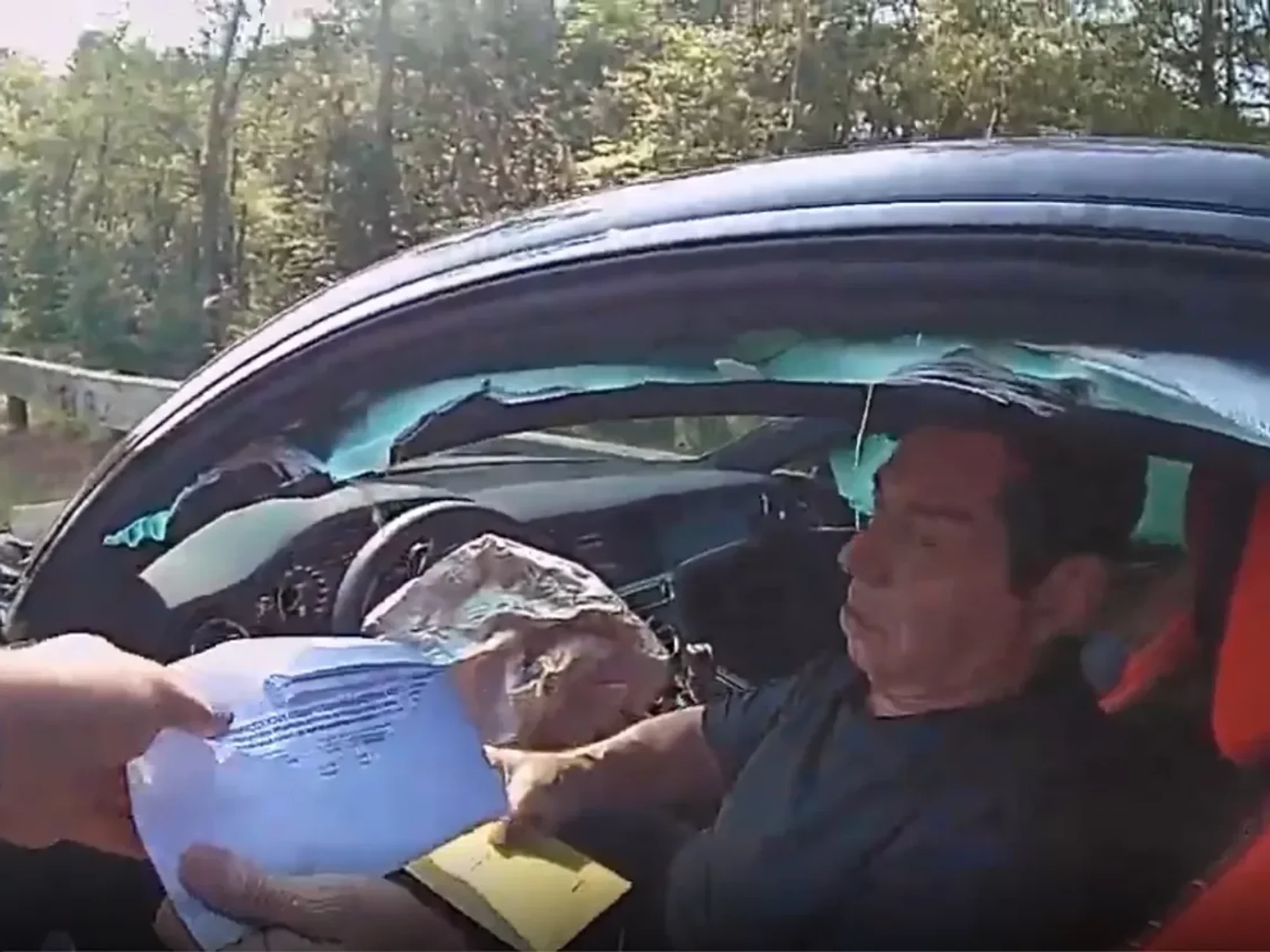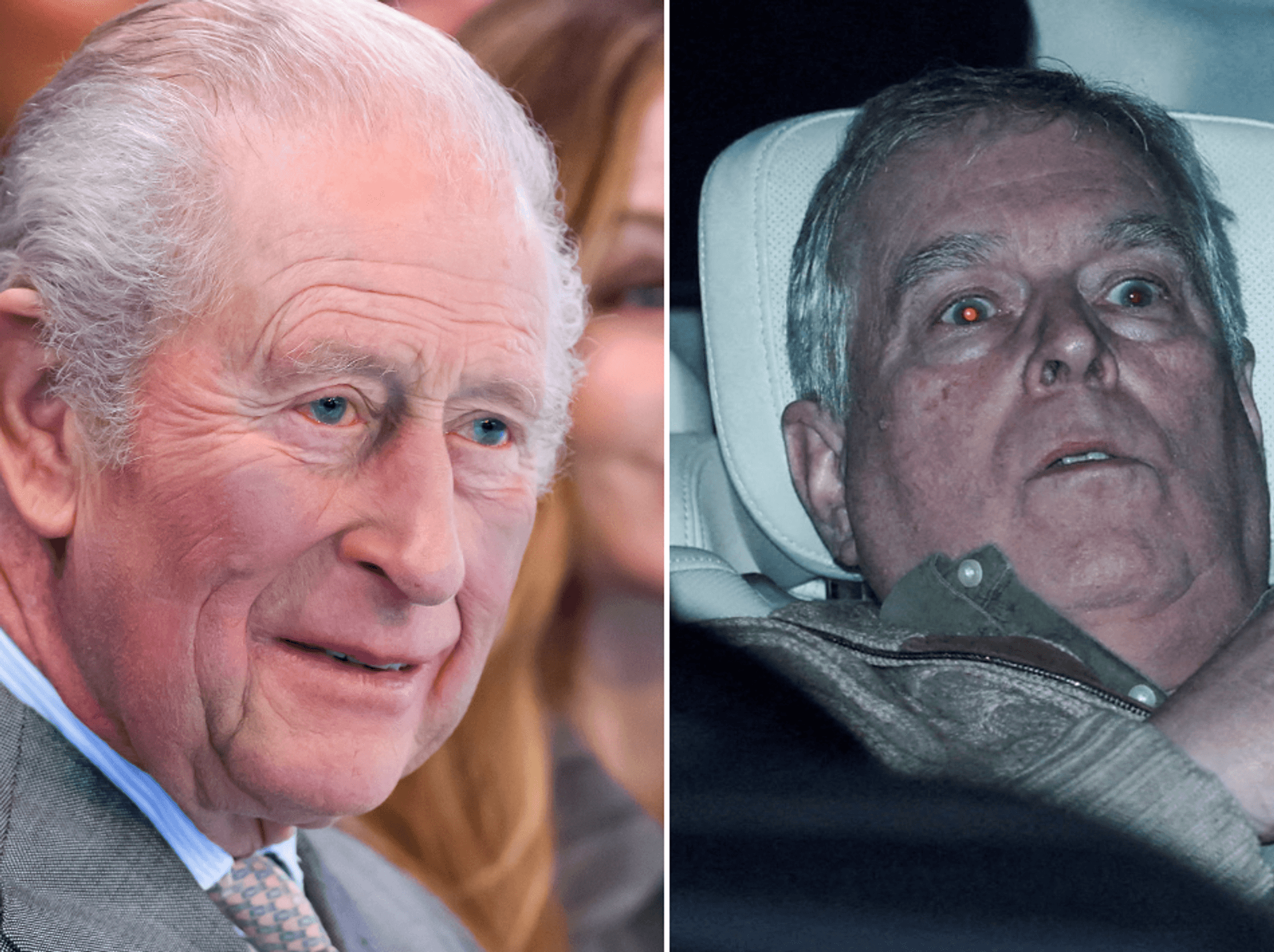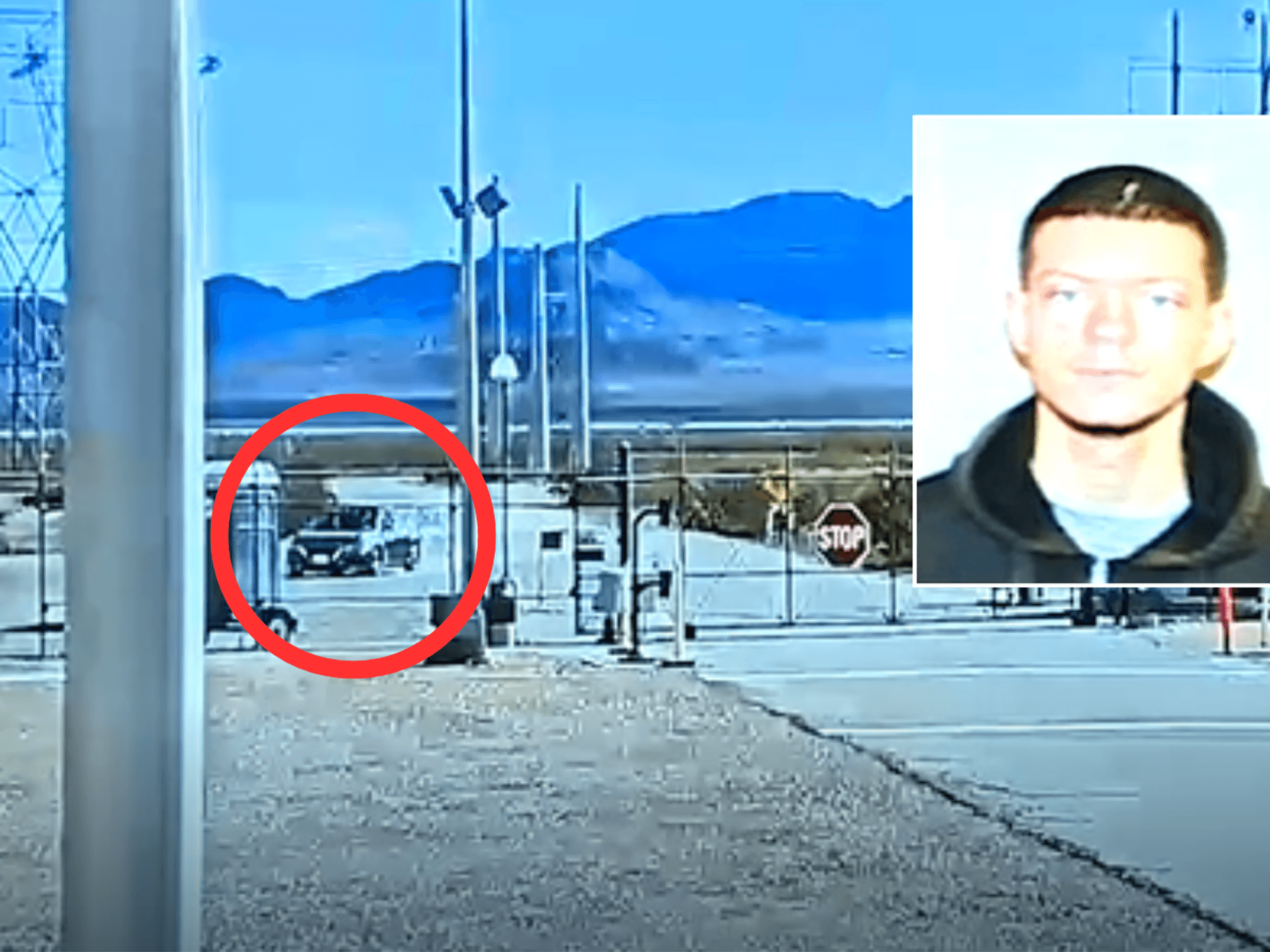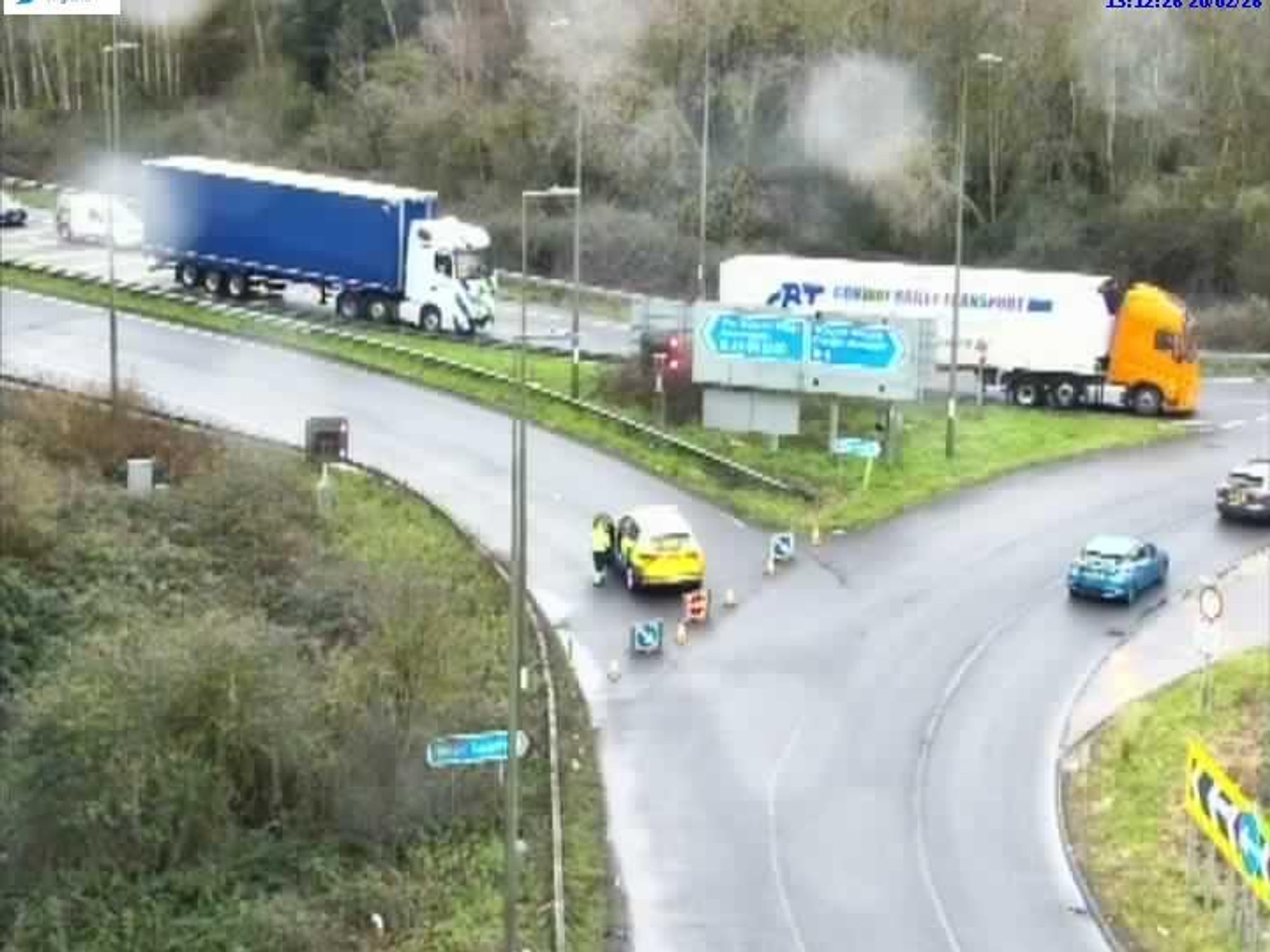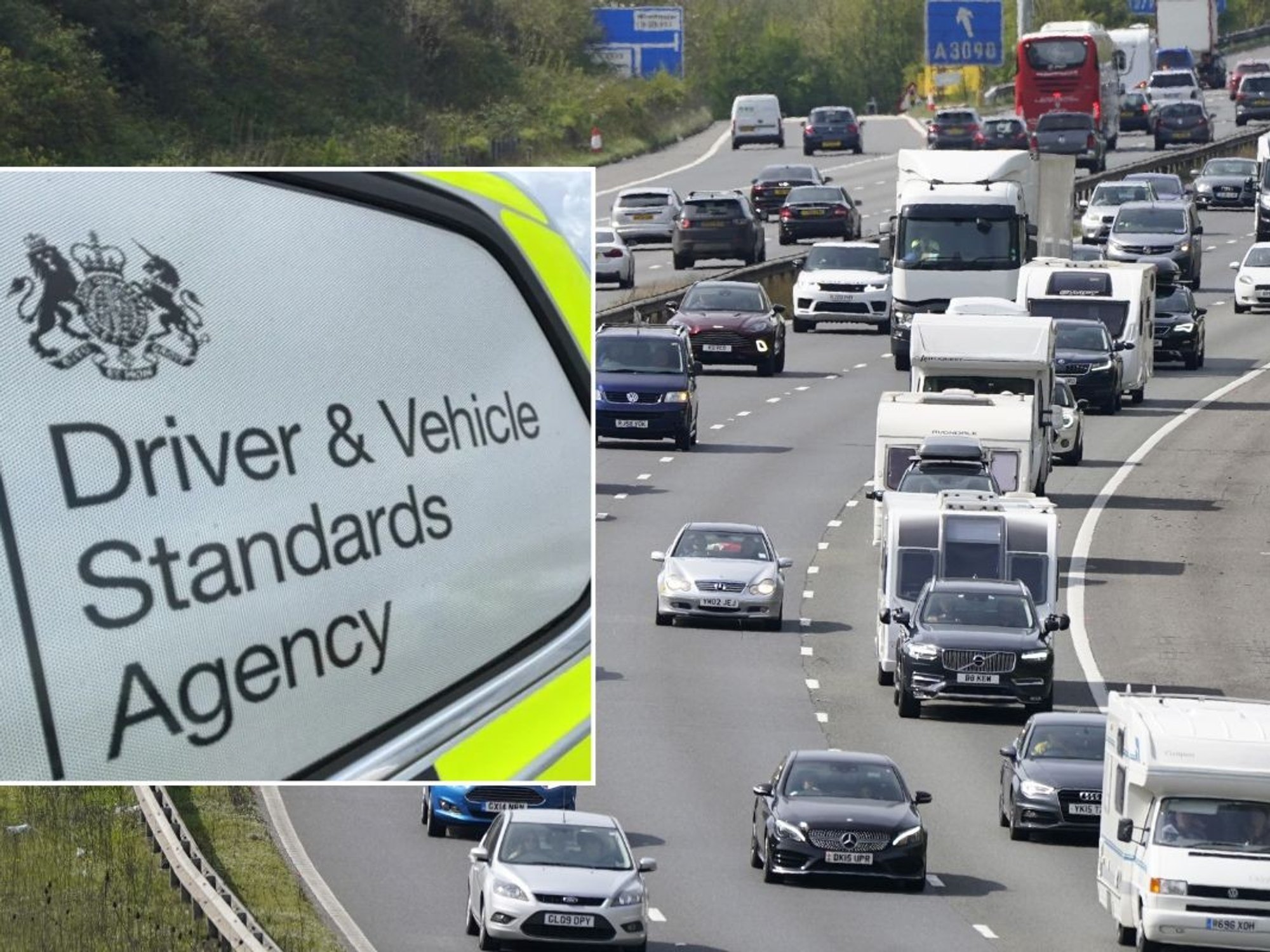Suella Braverman takes aim at Rwanda migrant deal critics - 'Completely false narrative!'
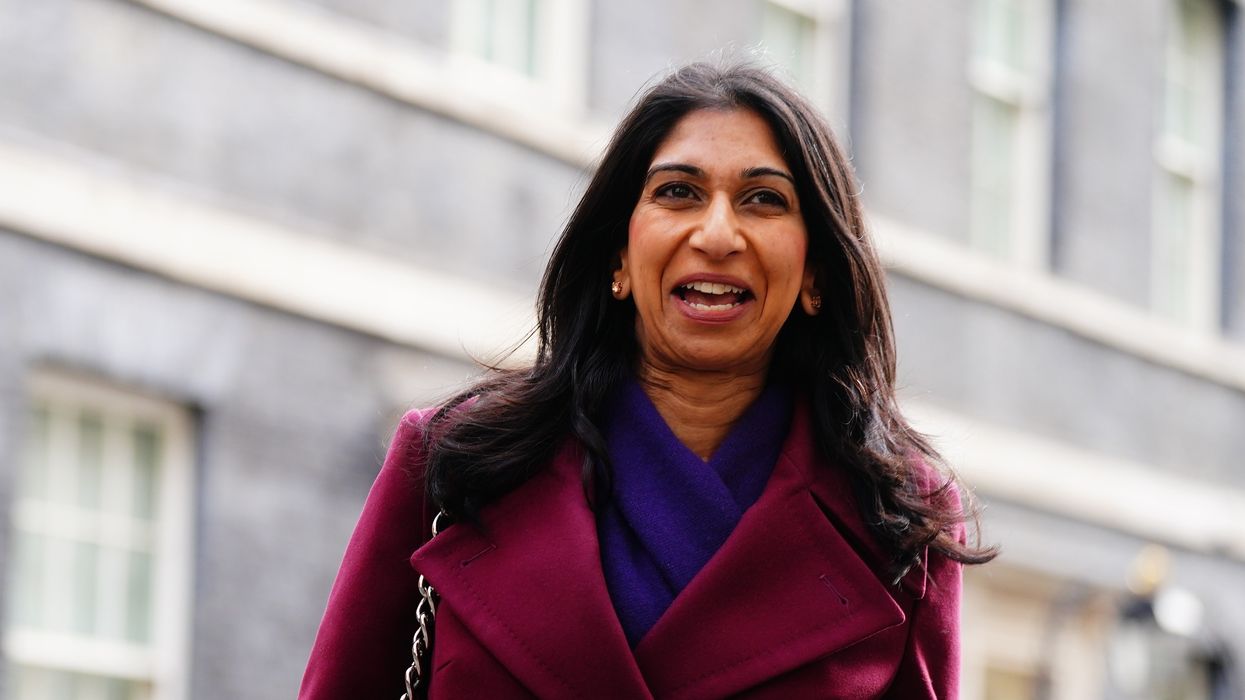
Suella Braverman has hit out at critics of the Rwanda deal
|GB News

The Home Secretary is set to reaffirm the UK's commitment to the Rwanda deal
Don't Miss
Most Read
Latest
The Home Secretary has accused critics of the Rwanda deal of peddling a “completely false narrative” in an effort to try to get the agreement scrapped.
Suella Braveman, who has travelled to the Central African nation on her first trip as Home Secretary, said the Rwandan government was planning to take many thousands of asylum seekers, not the two hundred that some have claimed.
GB News is the only UK broadcaster invited on the two-day visit, where the Home Secretary will reaffirm the British government’s commitment to the deal.
An initial £140 million has been given by the UK to the Rwandan government as part of the Migration and Economic Development Partnership.
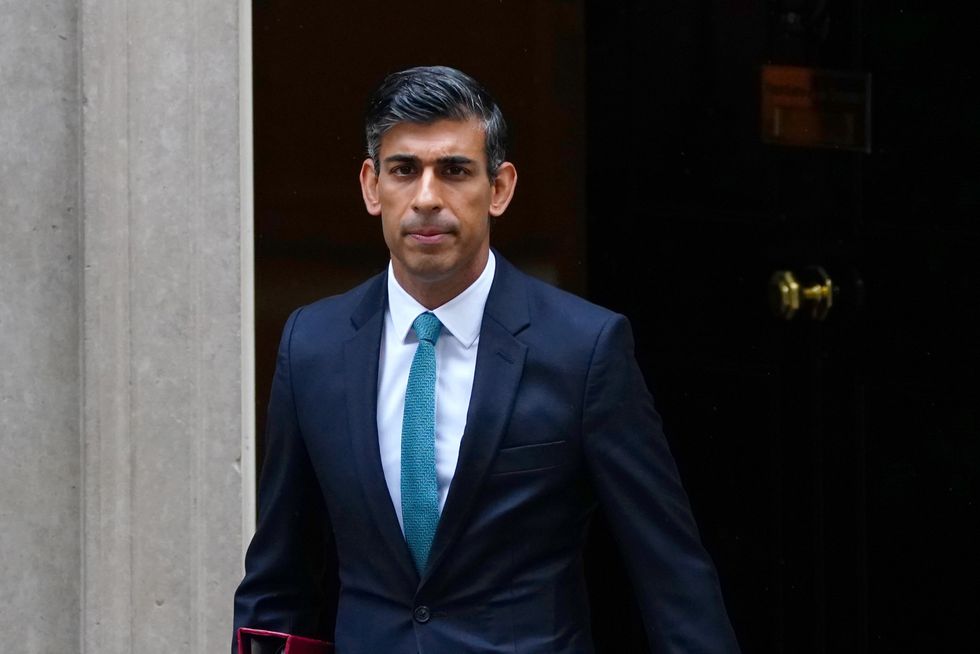
Rishi Sunak is committed to the Rwanda migrant plan
|GB News
The scheme is intended to ensure many asylum seekers who arrive in the UK via small boats across the English Channel, are sent Rwanda to have their claims assessed.
If they are granted asylum, they would be settled in Rwanda, rather than being allowed to return to the UK.
If they are denied asylum, they will still be permitted to apply for settled status to live and work in Rwanda.
Suella Braveman described the partnership as a “ground-breaking approach”.
“It will act as a powerful deterrent against dangerous and illegal journeys” she said.
“It will also support people to rebuild their lives in a new country, and provide a boost to Rwanda’s fast-growing economy through a significantinvestment in jobs, skills, and opportunities.”
The Home Secretary will meet the Rwandan President Paul Kagame and be shown new building programmes, and other support structures being developed, as the Rwandan government gears up to accept a large number of asylum seekers in the months ahead.
Ms Braveman said: “We will discuss all aspects of the partnership, which is not just about deterring illegal and dangerous journeys to the UK, but about ensuring those genuinely in need of protection are supported to build a new life in Rwanda.
“The agreement will also support Rwanda’s growing economy, benefiting both Rwandans and migrants who settle there.”
Human rights groups and refugee charities have condemned the deal as cruel and inhumane, and claim the African nation is not a safe destination for asylum seekers.
The British and Rwandan governments say those claims are a deliberate misrepresentation of one of Africa’s safety countries, and one of the Continent’s fastest growing economies.
The Home Secretary added: “Rwanda consistently ranks as one of the world’s safest countries, in multiple global indexes.
“While in Rwanda, I will be visiting some of the initiatives supported by the partnership, from long-term accommodation sites to vocational training and education centres.
“These initiatives will offer migrants the opportunity to build new lives in Rwanda.
“The suggestion that Rwanda can only take 200 people isacompletely false narrative peddled by critics who want to scrap the deal. Rwanda hasthe capacity to resettle manythousands of people, and can quickly standup accommodation once flights begin.”
A flight carrying the first batch of asylum seekers last June had to be cancelled after the European court in Strasbourg ruled the UK government should re-examine some aspects of its controversial policy.
In December, the High Court ruled the government’s plan was lawful.
However, judges granted some of the groups who lost that case the right to appeal parts of the decision.
That Court of Appeal hearing is still to take place, and any move to send asylum seekers to Rwanda is still months away.
As far as the UK government is concerned, the Rwanda deal is a vital component to the new Immigration Bill working its way through Parliament.
Without a third country willing to take asylum seekers, the plan is almost certain to fail.
The Home Secretary’s visit here to Kigali is a very public reaffirmation of the UK’s determination to push ahead with a deal the government believes is central to ending the illegal trade in small boat crossings.





